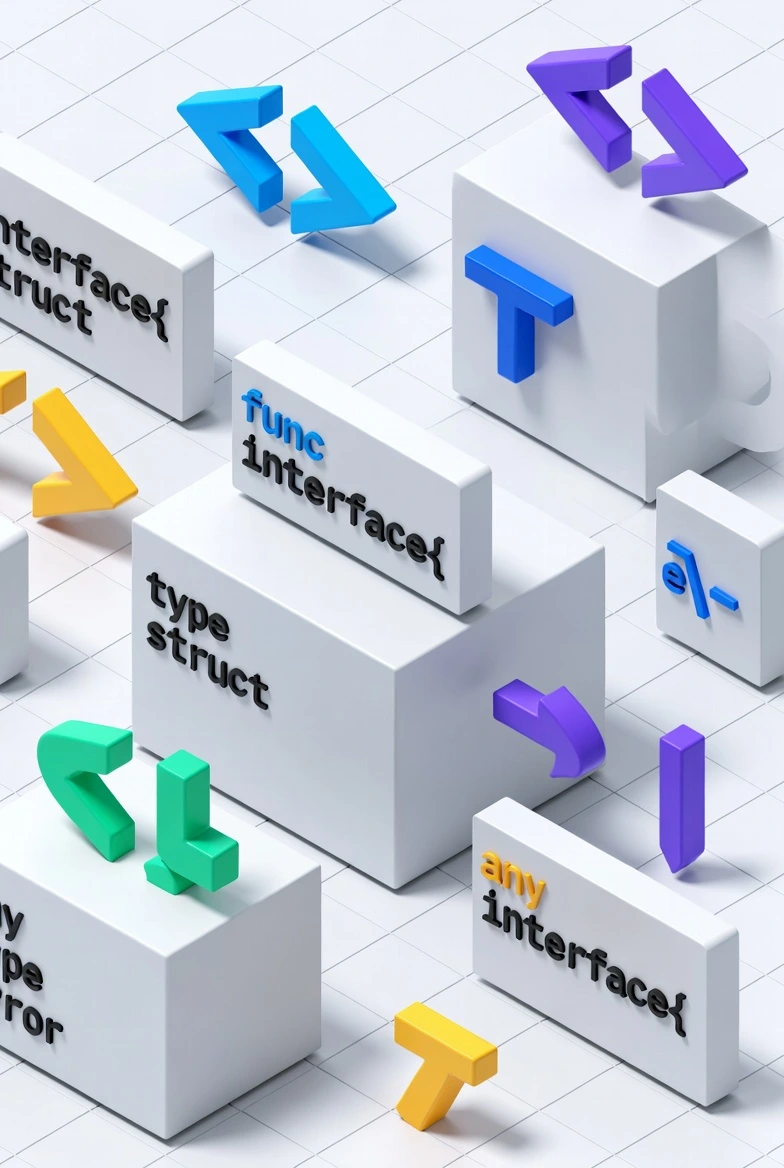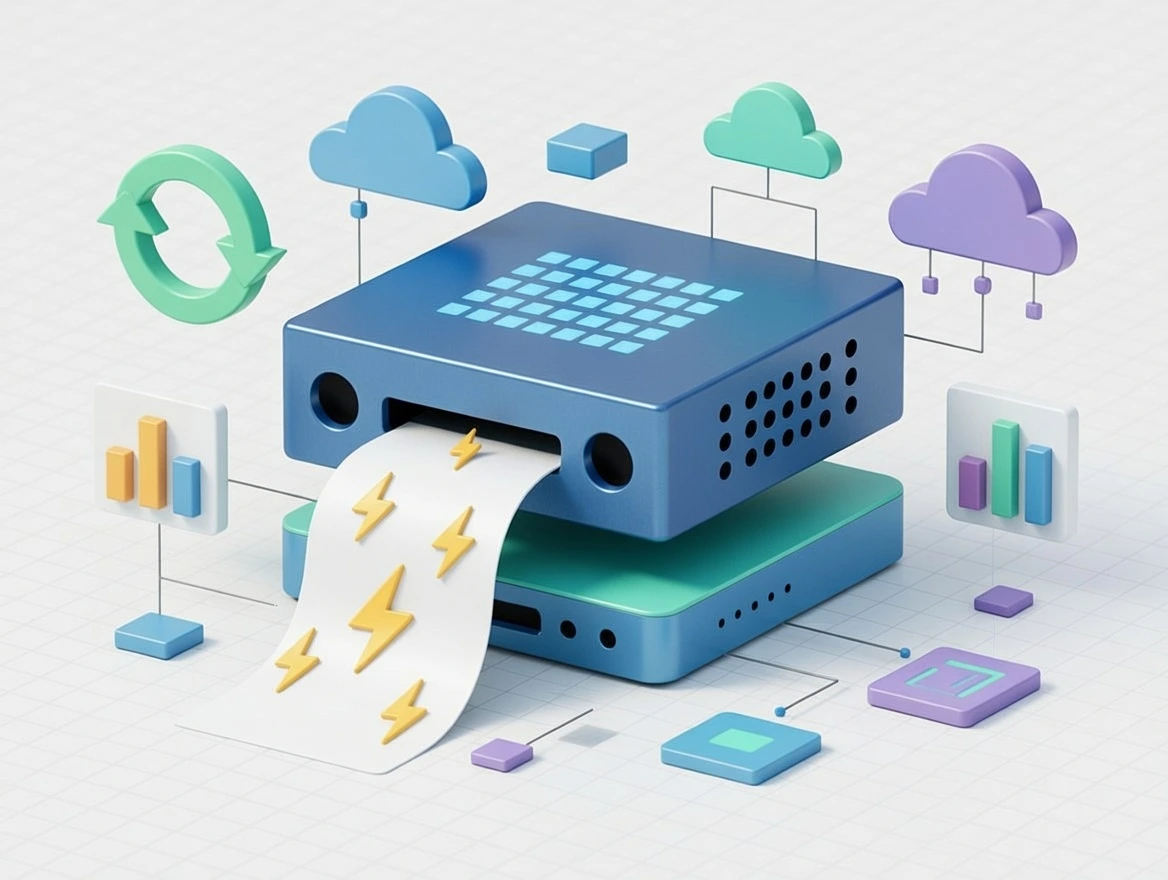
Victoria Olajide
Product & Content Marketing at Devcenter.
Last Updated: August, 2025
Open and honest communication is the cornerstone of effective conflict resolution.
In this special edition, I am thrilled to introduce Zion Ajibodu, Gigson’s expert on conflict resolution and effective team communication. We're discussing a topic that's essential for creating a harmonious work environment – how effective team communication can significantly reduce conflict tendencies.
Zion will be hosting an exclusive webinar on Conflict Resolution: Increasing Team Productivity with Zion Ajibodu on Thursday, September 21st, and I've got a sneak peek of her insights to share with you today.
On Conflict and Conflict Resolution
Conflict is a natural part of human interaction, but with the right communication strategies, it can be managed, mitigated, and even transformed into a catalyst for growth. Conflict resolution is not about avoiding disagreements; it's also about addressing them constructively through effective communication.
And, effective communication is not just about talking; it's about understanding, empathy, and collaboration. Channelling good team communication can reduce conflict tendencies and build a more productive and harmonious work environment.
Zion Ajibodu's Insights on Conflict Resolution and Team Communication
Conflict happens when there is no agreement on a certain way of doing things or a particular way of concluding things.
Conflict is not necessarily a negative force; it often arises from differing perspectives on how tasks should be accomplished. And so, active listening is very important in conflict resolution. It's not merely about hearing but about truly understanding, empathizing, and actively engaging with others' viewpoints.
Listening is deeper than just hearing. It's actively paying attention to what you're saying. It's looking at the meaning behind your communication, the way you're saying things, the tone, and the non-verbal cues. This is why communication is one of the most effective tools for conflict resolution.
Zion emphasizes that effective team communication is pivotal in conflict resolution. It's a two-way street where both parties actively listen and engage in a dialogue. Transparent communication and empathetic listening can resolve issues more efficiently.
At times, the type of communication also matters. Know when to use different means of communication. A phone call can sometimes solve problems more effectively than emails, which may lead to misunderstandings.
Mediators can help bridge the gap between different skill levels and expectations, ensuring that conflicts are resolved amicably. Conflict may not always come to destroy a team; it could improve productivity, strengthen bonds, and foster better work relations. It encourages teams to find more creative solutions and enhances team dynamics.
Share Your Insights
Have you experienced conflict within your team? How did you resolve it?
I'd love to hear your stories. Share them with us on LinkedIn or with me via email: victoria@devcenter.co .
Frequently Asked Questions (FAQ)
1. What is the main cause of conflict in a team?
While conflicts can arise from various sources, the most common cause is poor communication. Misunderstandings, a lack of clarity regarding roles and responsibilities, and unvoiced expectations often create friction that can escalate into significant disputes.
2. How does effective communication reduce workplace conflict?
Effective communication reduces conflict by fostering an environment of trust and transparency. When team members communicate openly, it ensures everyone is aligned on goals, clarifies expectations, and provides a safe platform for voicing concerns before they become major issues. It turns potential misunderstandings into opportunities for clarification.
3. What are some practical techniques to improve team communication?
To improve team communication, you can:
- Implement Regular Check-ins: Hold daily or weekly meetings to keep everyone aligned.
- Practice Active Listening: Encourage team members to listen to understand, not just to respond.
- Establish Clear Channels: Use specific tools for specific purposes (e.g., Slack for quick chats, email for formal updates).
- Encourage Feedback: Create a culture where constructive feedback is welcomed and shared respectfully.
4. What are the signs of poor communication on a team?
Common signs of poor communication include:
- Frequent misunderstandings about tasks and deadlines.
- Low team morale and passive-aggressive behavior.
- Information silos, where certain members are consistently left out of important conversations.
- A noticeable avoidance of difficult topics or direct conversation.
5. How can you use communication to resolve an existing conflict?
To resolve an existing conflict, use structured communication techniques. This involves bringing the involved parties together for a mediated discussion, ensuring each person gets to state their perspective without interruption. The goal is to use active listening to identify the root cause of the issue and collaboratively work towards a mutually acceptable solution.




